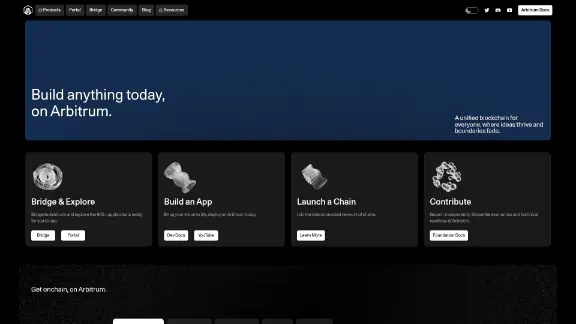Arbitrum Bridged WETH (Arbitrum One) (WETH)
Arbitrum Bridged WETH represents ETH on the Arbitrum network. Aribtrum is a layer 2 scaling solution for ETH, that allows cheaper transactions. Arbitrum Bridged WETH makes it possible for user's to own wrapped Ethereum on the Arbitrum Network.
WETH, or Wrapped Ethereum, is an ERC-20 token that is entirely backed by ETH, the native cryptocurrency of the Ethereum blockchain.
The contract address is: 0x82af49447d8a07e3bd95bd0d56f35241523fbab1

| Ticker | WETH |
| Category | Arbitrum Ecosystem |
| Website | https://arbitrum.io/ |
| Contract Addresses | |
|---|---|
| arbitrum-one | 0x82...b1 Copied! Copied! |
